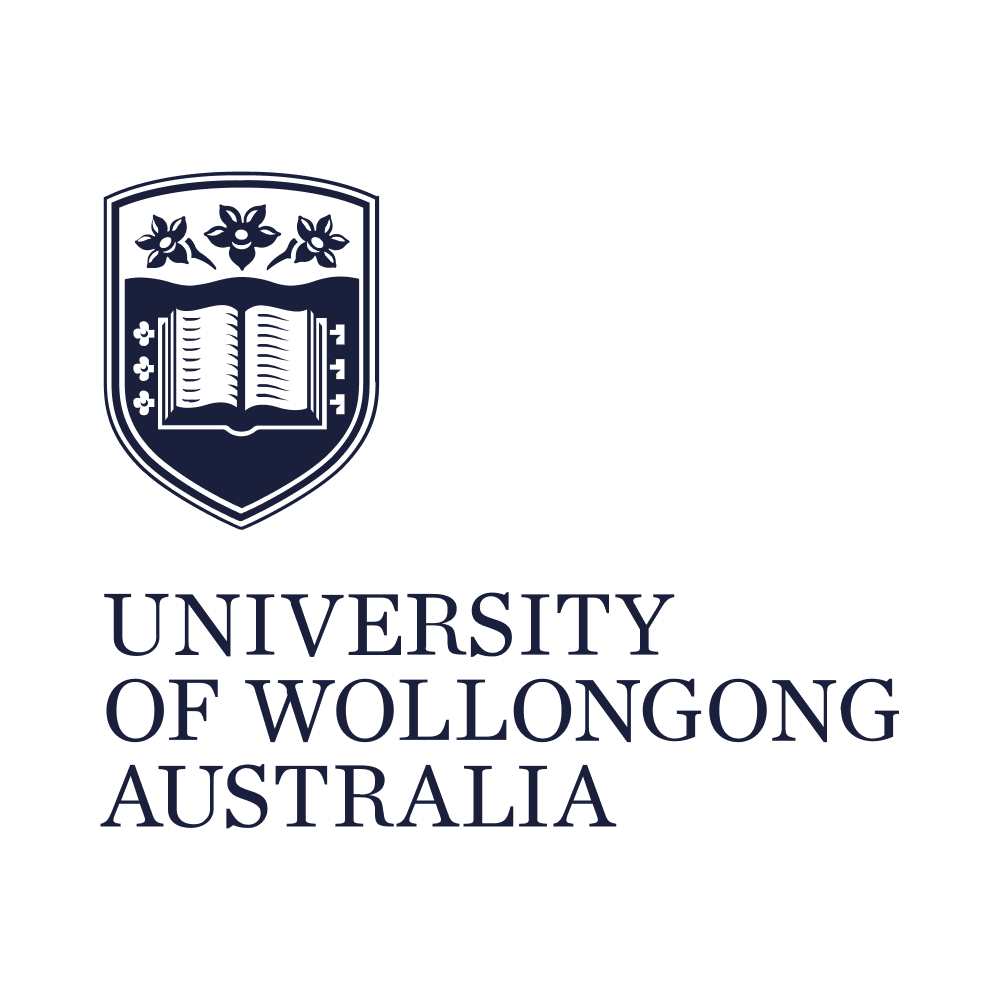University of Wollongong
Master of International Relations
- Delivery: Face to Face
- Study Level: Postgraduate
- Duration: 18 months
- Course Type: Master's
Develop your career in international relations and make a difference in government, non-government and not-for-profit organisations.

Course overview
The Master of International Relations (MIR) is a one-and-a-half-year degree designed to provide you with the advanced knowledge and skills to respond to the complex and globalised international environment. You will critically engage with key theories and issues related to the study of international relations through a range of elective subjects and specialisations. These provide the opportunity to develop knowledge and skills in one of four areas: research, public health, maritime security and policy, or international policy and skills.
This degree is aimed at graduates in a related field. It offers an interdisciplinary and practical understanding of international relations. It is designed for graduates who are seeking careers addressing international issues in government and international organisations, in worldwide non-government organisations and the business sector, or for those who are interested in undertaking further research-oriented degrees such as a PhD. The degree is also suitable for those currently employed in internationally focused positions who are interested in upgrading their knowledge and skills.
Through an innovative block teaching approach, you will study theories of international relations and a capstone experience. You will also have the opportunity to gain hands-on experience through the internship program.
Key facts
What you will study
The Master of International Relations requires the successful completion of 72 credit points consisting of a 12 credit point core subject and 60 credit points of elective subjects, including:
- At least 12 credit points from designated capstone subjects
- A maximum of one specialisation
Unless otherwise indicated, each subject is worth six credit points.
All students must complete this core subject:
- Theories of International Relations (12 credit points)
Entry Requirements
Completion of an undergraduate degree in a related discipline, a UOW Grad Cert in International Relations, or an equivalent qualification.
Assumed Knowledge
The University assumes students will have studied any two units of English.
Higher Education Study
For your application to be assessed on your university results you need to have completed at least half a year of full-time study (or part-time equivalent) at a Bachelor's degree level or higher. Your grades will be converted to a selection rank to be used for admission purposes. Students may also be eligible for credit for prior learning.
Work and Life Experience
Admission to UOW is primarily based on your academic qualifications, with work or life experience generally not considered. If you do not meet the academic requirements for this course, UOW recommends exploring recognized pathway programs, such as those offered by UOW College or the TAFE Tertiary Preparation Certificate (TPC).
Domestic Applicants with Overseas Qualifications
If you have completed or partially completed studies at an approved university or tertiary institution, you may be eligible for entry to UOW. You'll need to provide academic records and your course must be completed by at least one-sixth. Non-English documents must include an official English translation.
English Language Requirements
All UOW courses are taught in English and require varying levels of proficiency. If English is not your first language, you must meet the University’s English Language Requirements, which differ by course.
Accepted international test results include IELTS, TOEFL, PTE, Cambridge and OET for specific health-related courses. Contact the university or visit their website for more information.
Recognition of Prior Learning
If you have completed prior studies or relevant professional experience, you can request course credit or subject exemptions to reduce the duration and cost of your program.
Credit for prior learning evaluates your previous study or work experience related to your chosen subjects.
UOW values lifelong learning and recognizes various types of prior learning, regardless of how or where it was obtained. For more information, refer to UOW's Credit for Prior Learning page on their website.
Outcomes
Learning Outcomes
Students graduating from this course will be able to:
- Demonstrate an advanced and integrated knowledge of the discipline of international relations.
- Demonstrate expert and specialized knowledge of specific processes and problems at the international and transnational levels including by synthesizing a range of complex information.
- Critically analyse key theories of international relations and apply them to a range of issues.
- Use and apply advanced research skills and methods as developed within the discipline of international relations.
- Communicate independent expert knowledge of critical contemporary problems to a range of audiences.
Fees and FEE-HELP
Tuition fees in 2026: (domestic full-fee paying place)
- Session fee: $12,669
- Total course tuition fee: $38,007
Session fees are for one session per year, as shown. The total course tuition fees shown are indicative and based on the normal course length and progression.
UOW Subsidised Fees (USF)
Total indicative course tuition fee in 2026: $36,107
To make postgraduate study more affordable, where a Commonwealth-supported place is not available, UOW is offering eligible domestic students who start their studies in 2026 a subsidised fee reduction designed to support them in upskilling and progressing their careers.
A student’s fee may vary depending on:
- The number of subjects studied per term.
- The choice of major or specialisation.
- Choice of subjects.
- Credit from previous study or work experience.
- Eligibility for government-funded loans.
You may also need to pay the student services and amenities fee.
Student fees shown are subject to change. Contact the university directly to confirm.
FEE-HELP loans are available to assist eligible full-fee paying domestic students.








